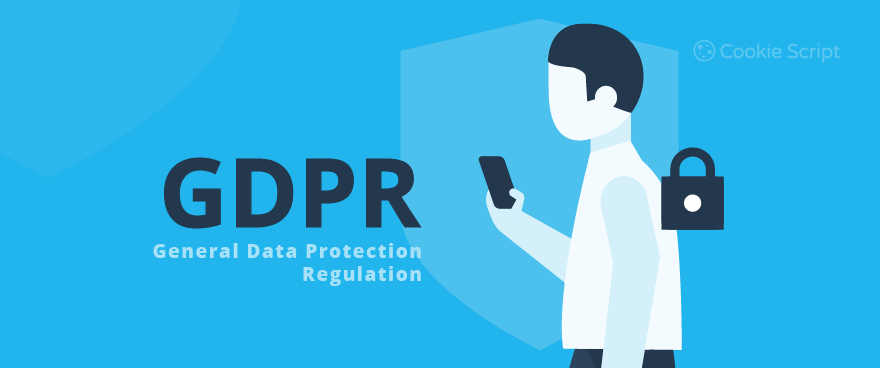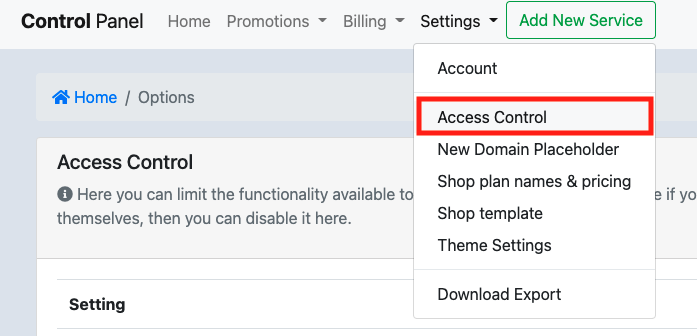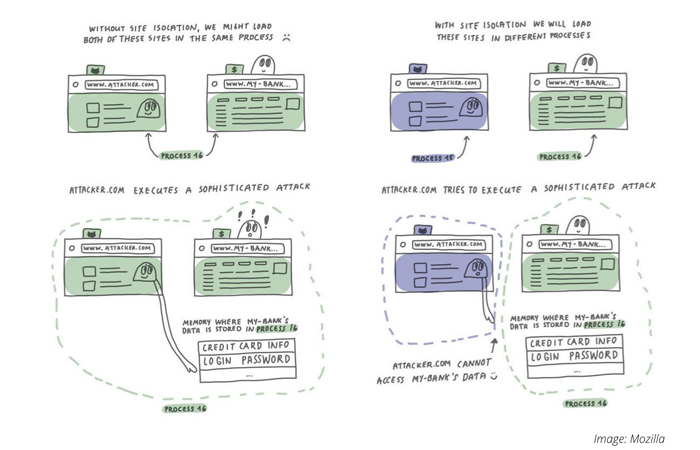It started from two years ago that Google wanted to make the internet a safer place for users by naming some unencrypted sites. Now Chrome is ready to call out all non SSL sites as not secure, officially.
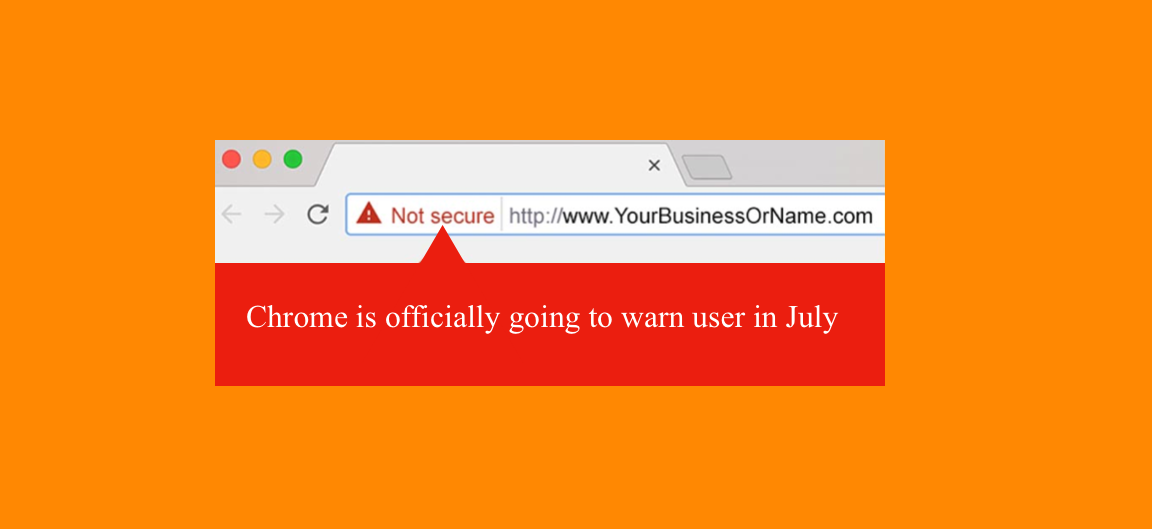
The warning in the latest version (Chrome 68) appears in the URL bar. User will see green padlock and the word “secure” on the website that has already installed SSL (HTTPS).

But for non-SSL site, user will see the words ‘Not secure’. Clicking on the label will display a warning advising users against entering any sensitive information into the page, like personal details and credit card info.
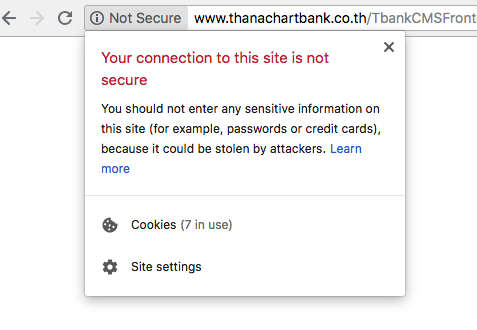
SSL or Secure Sockets Layer HTTPS sites are a lot more secure; they prevent malware attacks, keep third parties from pushing targeted ads. For more info you can read here.
Google’s security measures don’t stop with Chrome 68. The next version of Chrome is set to launch in September this year and will see the green ‘secure’ label associated with encrypted sites appear as a less prominent black in the address bar. While non-SSL sites are currently marked ‘not secure’ in black, October’s Chrome 70 version will display the warning in red.


